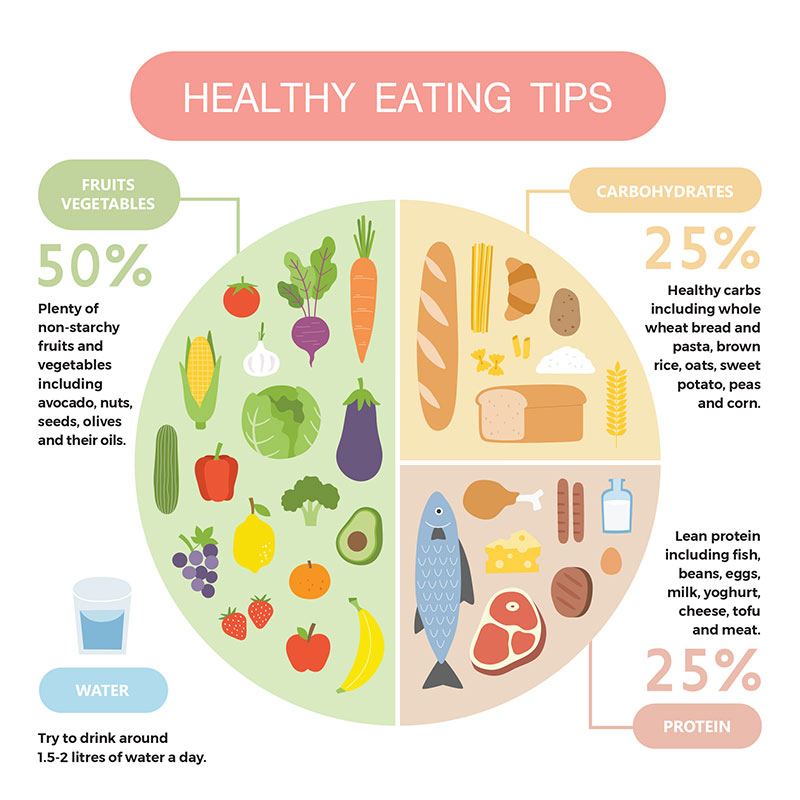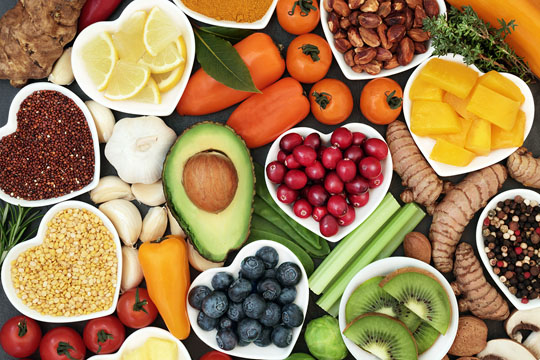Keep it simple
Nutrition can be confusing for many people. There are health gurus and menopause experts each offering the answer to a better perimenopause and menopause experience. The variety of information can be overwhelming.
Nutrition doesn’t need to be complicated and for a busy person working in the Care industry, food choices need to be easy whether you are a Carer, Recreation and Well-Being Team Member, Home Manager, Catering Team Member, Domestic Assistant, Business Support Office or a Nurse. You work long hours and put your all into the time you spend at work and your home life.
I’m going to let you into a little secret… the most simple and economical way to support overall health and hormone balance with nutrition isn’t through a fad diet or restrictive eating plan and it doesn’t involve spending money on expensive powders and supplements each month. The best thing you can do to manage your hormone health through nutrition is to eat a varied balanced diet, hydrate, reduce caffeine, reduce processed foods and alcohol.
A healthy balanced diet
It sounds straightforward but what does it mean?
A balanced meal would look something like the image below. Your plate will be half vegetables, there would be a protein source and a complex carbohydrate. You would also include a healthy fat within the meal whether a drizzle of olive oil or a sprinkling of seeds and nuts. For dessert you might have a piece of fruit instead of a processed sweet.

Breakfast
Breakfast is the most useful meal for most people experiencing hormone fluctuations whether through menstruation, perimenopause or menopause. When wanting to manage nutrition for hormone health you need to think about energy balance at the same time. Hormonal symptoms are generally made worse by a lack of energy and nutrients from food in the diet. If you are about to start a shift, eating before the shift starts will help.
Breakfast can mean different things to different people. If you are working a night shift, then your ‘breakfast’ might be at 5pm and if you are working an early shift, you might be up at 5:00am and not ready to eat that early in the morning. The important thing in either situation is to feed your body with the fuel it needs to function and support your hormone balance.
Top breakfast tips
Like the example above, including a complex carbohydrate, healthy fat and a protein is the ideal breakfast combo.
Examples – if you have time to make something:
- Eggs (boiled, poached, scrambled) on toast with avocado or just egg on toast.
- Smoked salmon on whole grain toast.
- Omelette with whole grain toast.
The protein from the eggs and smoked salmon will help to balance your energy levels throughout the first part of your day.
- Eggs – protein.
- Smoked salmon – protein, healthy fat.
- Avocado – healthy fat.
- Toast (wholemeal bread) – complex carbohydrate.
If you haven’t time to eat or aren’t hungry early in the morning, then it is important to take something with you that you can eat before you begin to feel hungry or lightheaded.
Easy, ‘have on the go’ breakfast choices:
- Two boiled eggs.
- Nuts and a piece of fruit.
- A pot of natural yoghurt, nuts and seeds.
- A homemade smoothie – these can often leave us feeling hungry if there isn’t enough fibre or protein in them. However, they can keep you going until your break time when you can have another bite to eat to sustain energy and hormone balance. Be mindful when making smoothies to avoid using too many sugar-rich ingredients.
As with any stage of life, eating a healthy balanced diet can be a simple way to ensure you are nourishing your body with what it needs; it is more sustainable than following a restrictive diet that leaves you feeling hungry and undernourished.
There are specific nutrients and foods which are key to managing nutrition through perimenopause and menopause. These include essential fats like omega 3s, B vitamins, protein, Vitamin D, magnesium and eating to support gut health, which is a low-processed food, high-plant-diversity diet.
The years leading up to perimenopause and menopause offer an opportunity to prepare your body for what can be a challenging time for some people. You can start to prepare yourself at any age and dietary choices through nutrition is a big supporting factor.
Working in Care can mean long shift patterns and eating on the go; it can also lend to missing meals due to time constraints or forgetting to bring something to eat to work.
One of the key factors when eating for perimenopause and menopause is managing blood sugar balance, so reducing refined sugars and increasing fibre and protein with each snack and meal will help.




